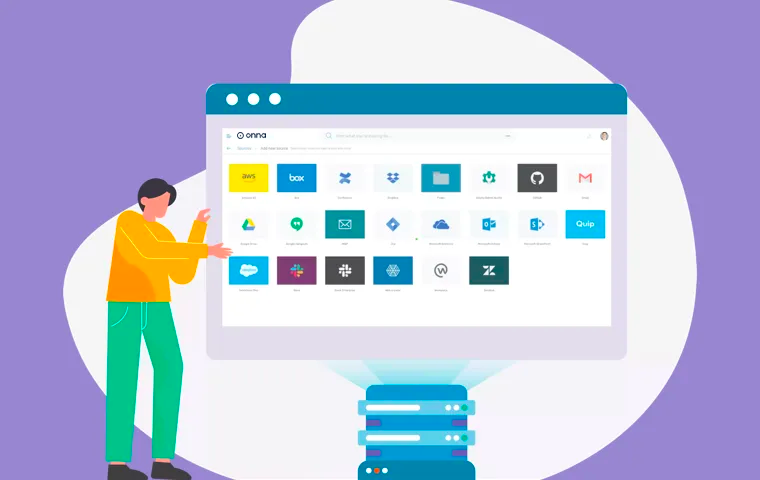Choosing the right eDiscovery software for your law firm can be complicated. First, determine which eDiscovery tools perform the most essential tasks. This will help you narrow down your options and avoid wasting money on features you don’t need.
Identify Your Needs
Identifying your needs is a critical first step when choosing the right eDiscovery software company. The best way to do this is by referring to Maslow’s Hierarchy of Needs pyramid and getting specific about your team’s features for success. Once you know what your needs are, it’s time to do your research! You can start by contacting peers and using business software tools to list top vendors.
For instance, an eDiscovery software that can create fully searchable transcripts from A/V files, process both individual and group chats, organize data contextually, and more. You’ll also want to find out if the tool is easy to use and can integrate with your existing systems to reduce workflow bottlenecks.
Additionally, you’ll want to check that the eDiscovery software company you choose has robust security and compliance measures. This includes threat prevention, data encryption at rest and in transit, two-factor authentication, and 24/7 monitoring. They should also provide best-in-class SOC 2 (Type II) certification, which helps ensure compliance with key regulations such as GDPR and HIPAA.
Do Your Research
When buying software, it’s crucial to research potential vendors and solutions. You would only fill a job requisition if you learned more about the role and how it will fit your organization, so thoroughly vet your prospective eDiscovery platform/service provider partners.
In addition to comparing pricing, evaluating an eDiscovery vendor’s features and functionality is crucial. Look for defensible collection methods, a clean interface, and robust search functions that identify data at a granular level.
An excellent eDiscovery solution should also seamlessly integrate with your existing tech tools to reduce friction in the workflow and facilitate a more cohesive technology ecosystem. It should also be scalable to accommodate growing caseloads and provide flexibility for your team’s evolving needs.
Schedule a Demo
The best eDiscovery software may have a more appealing interface or lower pricing, but it’s no longer an expensive toy if it can’t perform the essential tasks you need. Look for a platform for data evaluation, de-duplication/filtering/culling/parsing, tagging, and search indexing. Bonus points if it can also convert documents to other formats, thread emails, and automate transcriptions.
The platform you choose should also have flexible deployment options and be able to scale over time automatically. Litigation runs on a tight schedule, so you want to save time with a lengthy deployment process.
A great feature to look for in an eDiscovery platform is collaborative workspaces that allow attorneys and paralegals to work together on cases in real time. This can streamline communications and improve overall case management. Additionally, look for a platform that can identify file types at a granular level rather than using a file extension alone. This way, you can ensure you’re getting all the essential information.
Ask Questions
The eDiscovery process can be complex, but the right tools can help you navigate it efficiently. To ensure you’re choosing the best eDiscovery solution, take the time to ask the right questions and conduct your research.
Start by asking your potential providers to explain their eDiscovery process. This will give you a good idea of how the software works and whether it would fit your organization.
Also, be sure to ask your provider about their security structure. Since eDiscovery software has access to a large amount of sensitive information, it’s essential to know that your provider keeps this data secure. Look for security certifications like EU-US Privacy Shield, ISO 27001, and SOC 2 Type II.
Finally, feel free to compare pricing between different eDiscovery tools. While one tool may seem cheaper than another, ensure it performs the same essential tasks before deciding. For instance, if you’re looking for an eDiscovery tool that can handle audio content, find out how the software handles this process by asking your potential providers how they convert audio files into searchable text.
Make the Right Decision
The best eDiscovery software will be intuitive and user-friendly. It should be simple training to get up and running, especially for your team members. Software that is easy to learn will increase productivity and reduce time spent looking for answers.
Look for an eDiscovery processing solution that can identify file types granularly. This will help you sift through dynamic data and filter out unnecessary information. Also, check that your eDiscovery software can run on any cloud environment.
Streamlining the process of eDiscovery and eliminating outdated, costly processes will result in immense savings for your firm. Be sure to calculate the upfront and ongoing costs to make an informed decision about your software and services provider.
The right eDiscovery software company will be transparent about its pricing model and fees. Be sure to ask them about their fee structure and how it relates to data hosting, processing, and production. Also, find out if they have a flexible pricing model so that you can scale up or down as needed.

